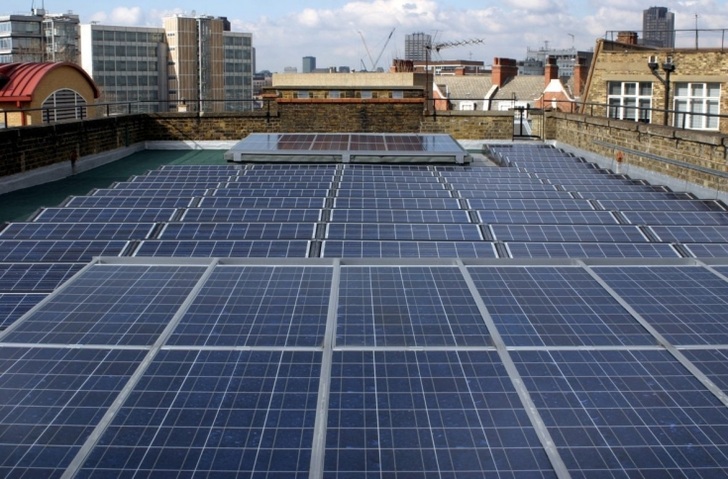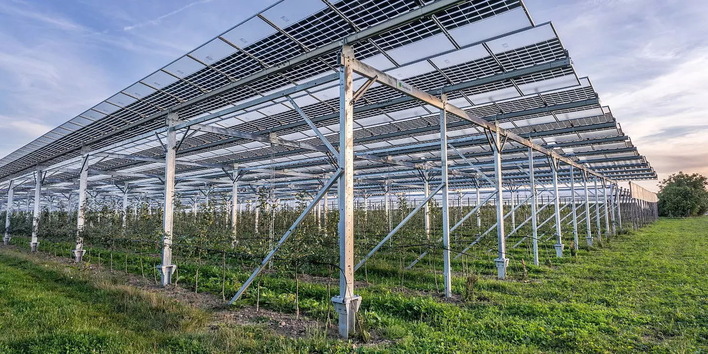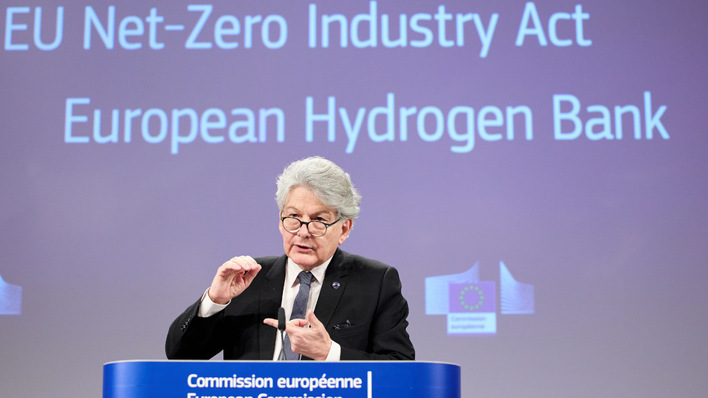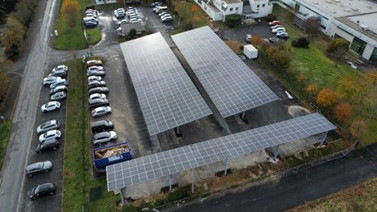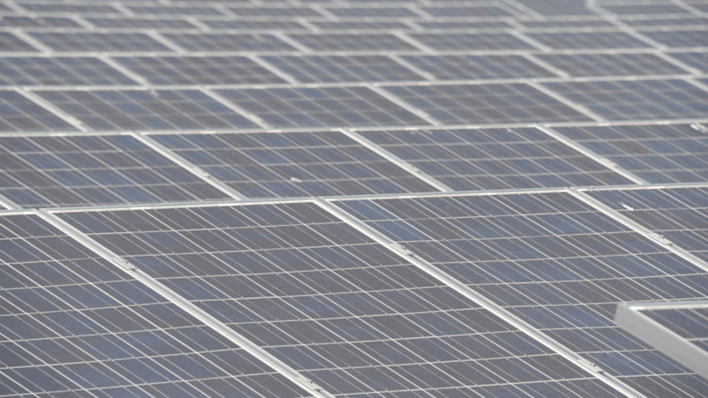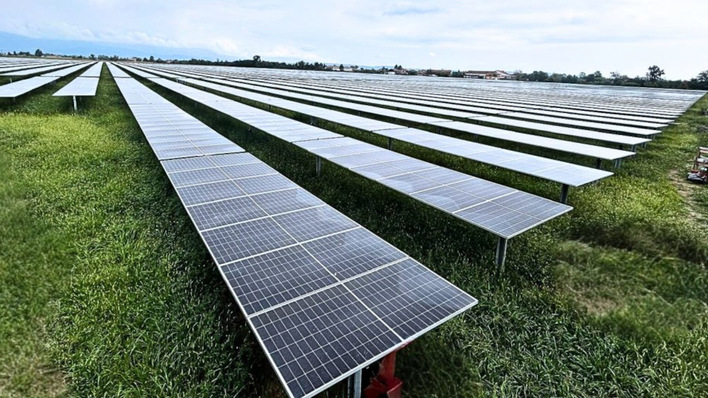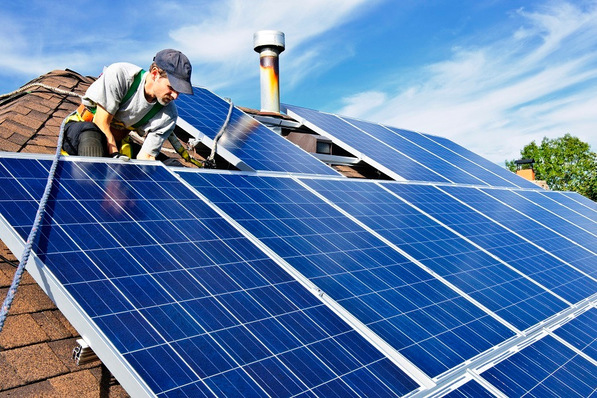The draft rateable values for 2017 for all properties that pay business rates have been published on the Valuation Office Agency (VOA) website September 30. Included within the figures published is an unexpected sharp hike in the solar part of business rates for organisations that use power themselves from solar rooftops that they own. The proposed tax hike has caused dismay in the solar industry and across the green economy. Members of Parliament (MPs) from all sides of the House have raised the issue in Parliament. Ministers are waiting until the publication of detailed proposals to form a view, according to STA.
Mainly export generation excluded
Due to existing legislation, complex VOA classifications mean that owners of solar panels are split into two classes; those who ‘mainly export’ their power, and those who use the majority of power onsite on the sites which they occupy. The good news is that the STA has signed a Memorandum of Agreement with the VOA following close work on the fair treatment of ‘mainly export’ generators. This means that most solar systems exporting to the grid or via a Power Purchase Agreement to tenants will see a decrease in business rates, reflecting falling costs, and lower rates of subsidy.
Self-consumption endangered
However, great concern remains over the treatment of business and some public sector rooftops. Organisations that own their solar panels and use most of the power themselves will see a six to eight fold increase in the business rates they have previously paid for solar. This threatens to damage the commercial rooftop industry and sting businesses taking action on climate change. It is now up to Ministers to intervene to prevent red tape crippling the rooftop solar industry, Paul Barwell, CEO of STA said. “The good news for ‘export’ solar is that, in most cases, the rateable value will fall from 2017, some by as much as half. Rates should reflect the true value of the solar asset, as well as the income received. As both of these have fallen dramatically over the last five years for solar power, the rateable value has also fallen: logic has prevailed. We now need Ministers to act to ensure similarly fair treatment for those supplying themselves with their own rooftop solar“, Barwell stressed.
Businesses who are lowering emissions penalized
Zac Goldsmith MP who questioned Treasury Minister Jane Ellison on the tax hike at an Environmental Audit Committee hearing last week said; “The proposed very significant business rate increases will harm businesses and industries seeking to limit their carbon emissions by installing self-supplying solar systems. Given our climate commitments under the Paris Agreement, it makes no sense to penalise businesses for lowering their emissions. I am urging the Treasury to intervene to prevent damage to an important sector, and to ensure that taxation policies work in favour of positive climate action”
Damaging project economies
The STA has calculated that businesses that use their own onsite power will see a reduction of around 2.5 percent on their return on investment, damaging project economics. The business rates portion from solar on a typical 100 kW installation in this case would rise from £400 per year to £2,700 per year. Previously microgeneration solar below 50kW has been exempt from business rates, but it is not yet confirmed that this will be made permanent in secondary legislation. (HCN)
Related news:


